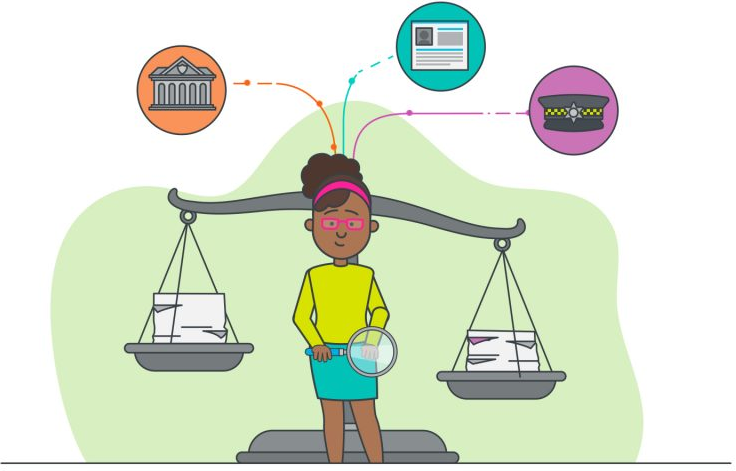Present new evidence
For the CCRC to send your case back to the appeal court, we normally need to identify something new and significant, capable of making the court view your case differently.
This could be fresh evidence or a new legal argument, such as a new witness or a new scientific development. It has to be something not covered at your trial or appeal.
When making an application to the CCRC, it is important to think about what went wrong in your case, and what is new.
We cannot revisit or investigate things already known by the jury, the judge, or the magistrates.
Even if you believe that they made the wrong decision, repeating points made during earlier proceedings will not help your application.
You don’t need a law degree to apply!
We don’t necessarily expect you to highlight a new legal argument, or have fully completed evidence. However, finding something new and significant can be difficult, so it is helpful if you can tell us as much as you can about your case, and point us towards where we should be looking.
When outlining what is wrong with your conviction/sentence, focus on what you think is new and how it might make a difference in your case.
Be honest
Everything you tell us in your application will be fact-checked and reviewed objectively, and we can obtain any material we consider to be relevant to your application.
It is therefore important you are honest in your application, holding important information back that may be adverse to your case will not help you.

What will we do with your application form?
When we get your application form, we will write to you about what will happen next.
We will then obtain any material that we might need, like the files from the court where you were convicted and from your appeal.
We might need to obtain other documents before we can decide whether we can investigate your case. If we decide that we should begin to investigate your case, we will write to you to tell you.
In what circumstances might we not investigate your case?
Upon review of your application, we might decide that your application is not eligible for an investigation. For example:
- If you have an appeal pending.
- If we decide that such a situation applies in your case, we will write to you to explain our decision.
- If you have not tried to appeal before and there are no special reasons why we should investigate your case before you have tried to appeal in the normal way.
